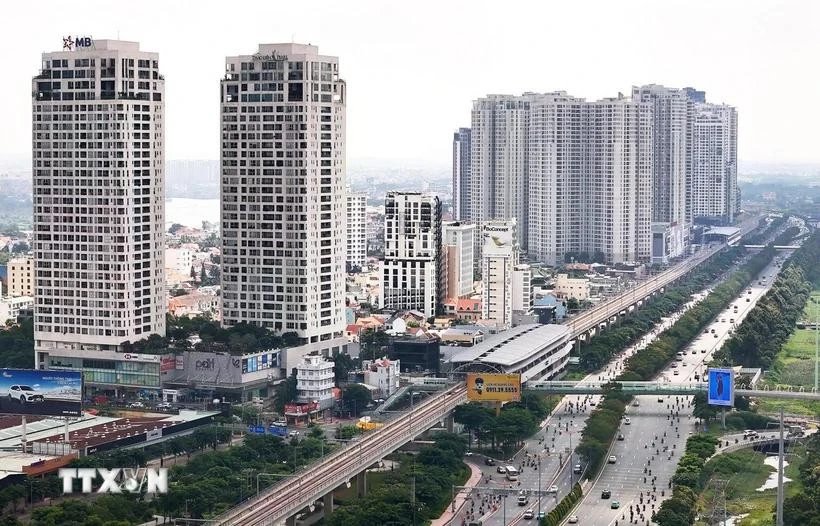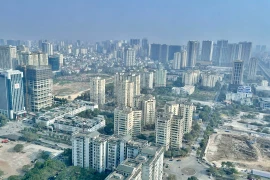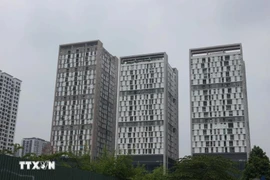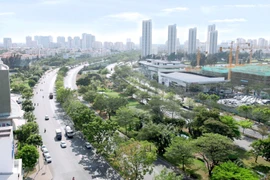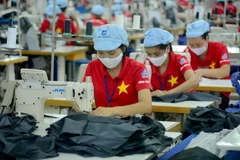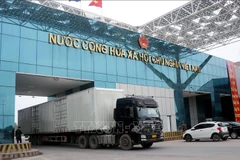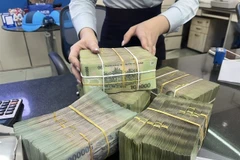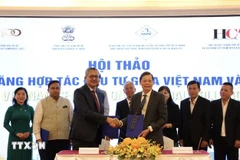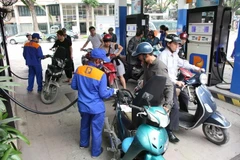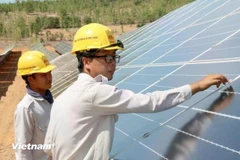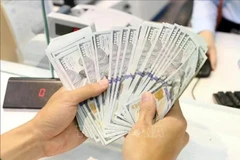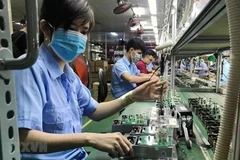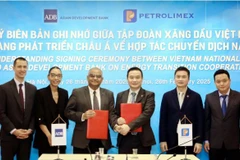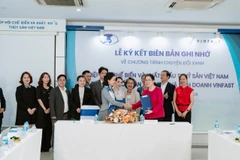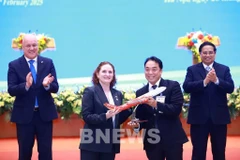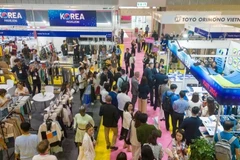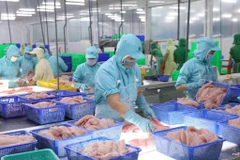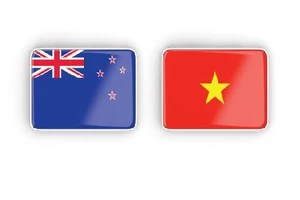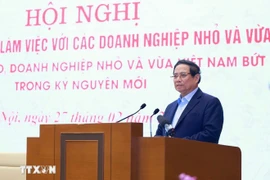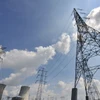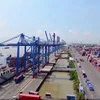HCM City (VNA) - Ho Chi Minh City’s apartment supply is expected to exceed 40,000 units by 2027, with Thu Duc city accounting for half, according to Savills Vietnam.
The newly operational Metro Line 1 is a key driver for real estate projects, particularly in retail and office spaces. The commercial real estate sector typically lags behind the residential market. As communities grow and stabilise, demand for commercial spaces rises accordingly.
The townhouse and villa segment will see around 4,000 units from 19 projects, 30% of which will also be in Thu Duc. Neighbouring provinces like Binh Duong and Dong Nai are gaining traction among investors and homebuyers.
Infrastructure investment in HCM City has largely focused on the eastern region, fueling long-term interest in Thu Duc, noted Cao Thi Thanh Huong, Senior Manager at Savills HCM City. Many areas are evolving into satellite urban centres, with available land near the university village and high-tech park attracting major investments.
Several projects have capitalised on metro-adjacent locations and are performing well, such as Vincom Mega Mall Thao Dien, Estella Place, and OneHub in the High-Tech Park. These projects have achieved strong rental rates and occupancy levels, said Huong.
The housing boom in HCM City's eastern area is also driving expansion into Binh Duong and Dong Nai due to high prices and limited new supply. Dong Nai’s absorption rate has reached 78%, surpassing HCM City by 35 percentage points, with most transactions in the 15-20 billion VND (587,000 – 626,000 USD) range. Binh Duong follows at 65%, mainly for properties under 10 billion VND.
CBRE Vietnam predicts that as HCM City’s primary market remains costly, well-connected suburban areas will attract more buyers.
Avison Young Vietnam emphasises that infrastructure and urbanisation are key to balancing supply and demand in landed property. Expanding ring roads, highways, and public transport will enhance connectivity and support the sustainable growth of satellite cities./.
